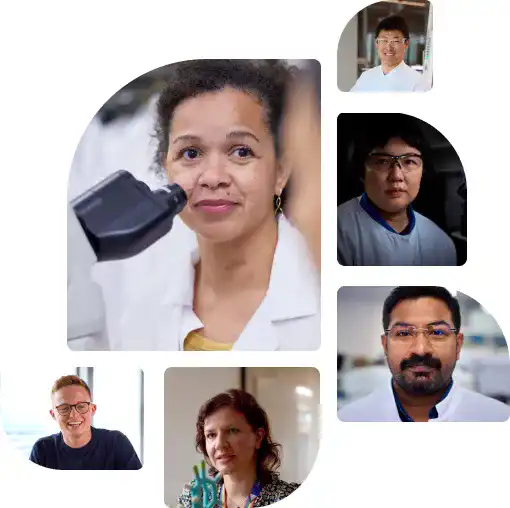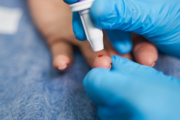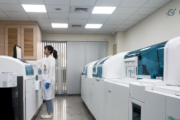
What people are saying about us?
"Valuable information for the medical technology council to gear the direction in future laboratory quality development."

The Medical Technology Council (Thailand)
MA, LPC, NCC
"Lab Insights is helpful for labs to know the healthcare and laboratory trends via lab benchmarking survey and best practices & case studies sharing for the future lab management improvement. This is also aligned with VACB objectives and activities for the clinical biochemists community in Vietnam."

Associate Professor Hoang Thi Bich Ngoc,
Vietnam Association of Clinical Biochemists (VACB) President
"Lab Insights aligns closely with Clinical Lab 2.0, highlighting impactful case studies that showcase how labs can improve outcomes, manage population health, cut costs, and drive value-based care."

Khosrow Shotorbani
CEO and Founder of Lab 2.0 Strategic Services (United States)





